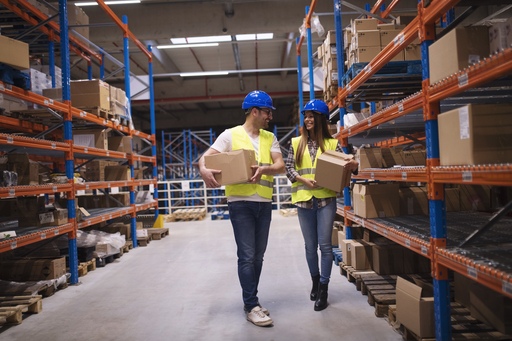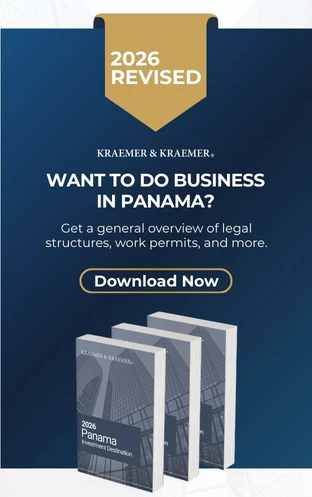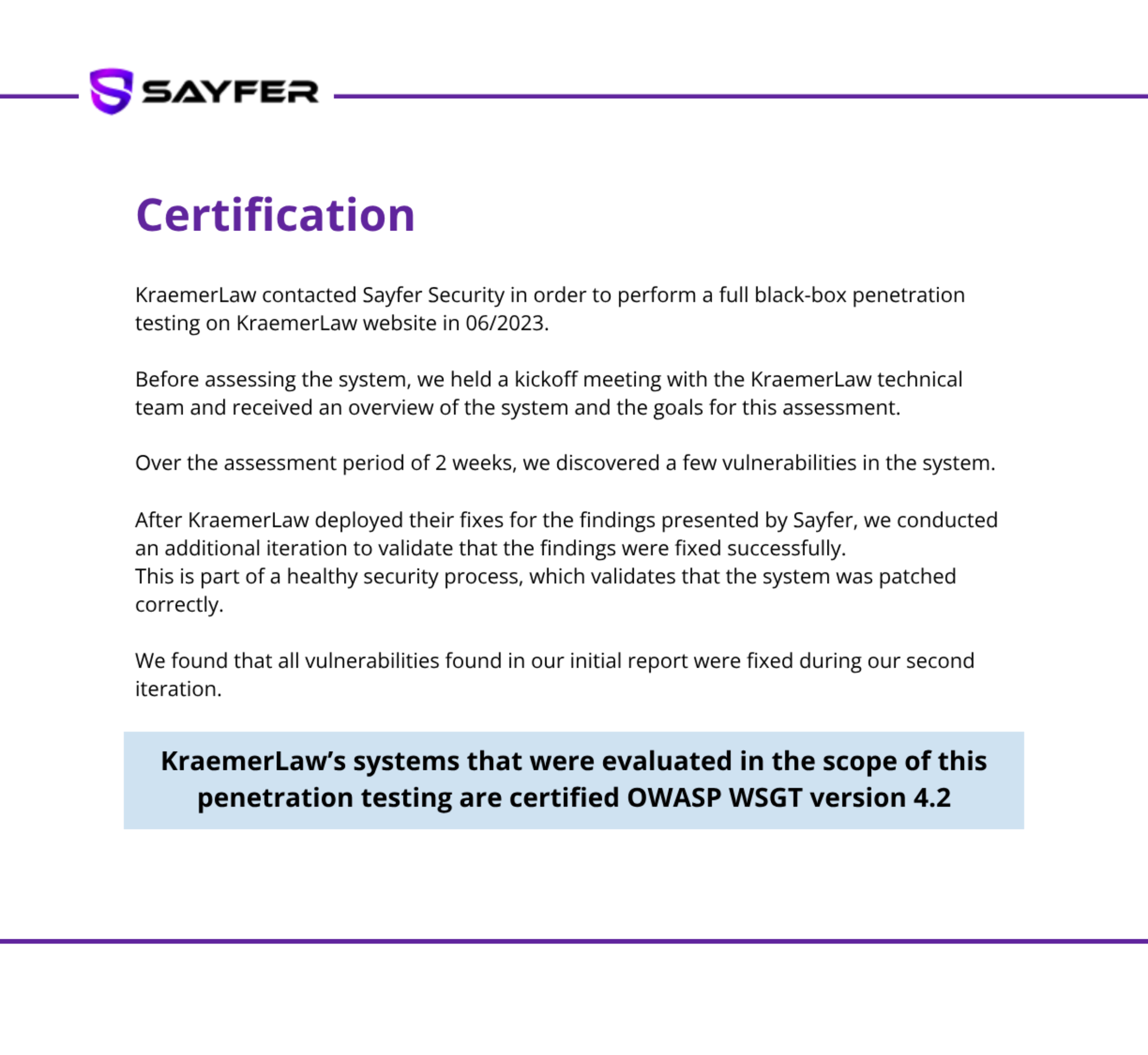Panama has long stood out for its important participation in international trade, thanks to its strategic location as a bridge between North and South America. Among the country’s most valuable economic assets is the Colon Free Zone (CFZ), a key player in maintaining Panama’s presence in global commerce.
Due to its importance to the national economy and the opportunities it offers to local and foreign businesses, in this article we will provide a detailed description of the Colon Free Zone (CFZ), its formation, advantages and the commercial activities allowed within the zone, as well as its favorable taxes for companies.
The History, Formation, and Location of the Colon Free Zone in Panama
The Colon Free Zone Panama was officially established in 1948, with the objective of creating a space dedicated to commercial activities that would highlight Panama’s role as an important epicenter for international trade. It is the largest free trade zone in the Western Hemisphere and ranks second in the world, only behind Hong Kong.
The CFZ is strategically located in Colon city, near the Atlantic entrance of the Panama Canal. This privileged location provides access to major shipping routes, connecting the main markets of the Americas, Europe and Asia. The proximity to the Canal is one of the reasons for the success of the Colon Free Trade Zone as a trade center, as it allows for the fast and efficient movement of goods between oceans.
Colon city is an active port area with a solid infrastructure, featuring seaports, railroads and highways that connect it to major markets. Colon Free Zone Panama is located only 80 kilometers from Panama City, the country’s capital, which favors companies looking to do business in countries around the world.
The Legal Framework Underpinning the Colon Free Zone
The Colon Free Zone Panama has as its legal basis Decree Law No. 18 of June 17, 1948, operates as a free trade zone designed to promote international trade. This logistics platform allows the open introduction, storage and re-export of goods, making it an attractive destination for foreign investment. Its main objective has been to stimulate regional trade, taking advantage of tax exemptions on imports, exports and other commercial operations.
Subsequently, Law No. 8 of April 4, 2016, expanded the legal structure by establishing special economic areas within the Colón Free Zone. Unlike free trade zones, which focus primarily on trade and export-related activities, special economic zones allow for a wider range of industries and services, including manufacturing and technology. This law sought to attract new investments and modernize the zone’s operations by promoting emerging sectors such as e-commerce. Additionally, it prioritized infrastructure upgrades to help the CFZ keep pace with international trade developments and maintain its competitiveness on the world stage.
The Purpose of the CFZ
As mentioned above, the Colon Free Zone Panama was created to facilitate commercial activities between the major markets of Latin America, the Caribbean and other countries. The CFZ, through the implementation of a preferential tax regime and an optimized logistics infrastructure, has achieved a preponderant position in international trade
Its main purpose is to allow companies to import and export goods, repackage them and ship them to other countries, all while taking advantage of considerable cost reductions due to the lack of import taxes and other tariffs. The zone also focuses on promoting job creation and the growth of the Panamanian economy. An example of this is its participation in the national GDP, which in recent decades has ranged from 5 to 7%.
The Advantages of Doing Business in the Colon Free Trade Zone
There are numerous advantages for companies operating in the Colon Free Zone Panama, ranging from tax exemptions and low operating costs to the possibility of accessing new markets. Here are some of the most outstanding benefits:
- Tax Exemptions: Businesses in the Colon Free Zone in Panama are exempt from paying import duties and re-export fees. They also benefit from not having to pay income taxes on profits from foreign operations, significantly reducing taxes for companies operating in the zone.
- Access to Major Markets:The CFZ provides access to a broad range of major markets. By establishing operations in the Colon Free Zone Panama, companies can distribute goods to North, Central, and South America as well as the Caribbean, Europe, and Asia.
- Cost-Effective Operations: The zone offers low operational costs compared to other free zones. Companies benefit from reduced costs for renting space and infrastructure, as well as access to value-added services such as warehousing, packaging, and labeling.
- Prime Location:Situated in Colon City, the CFZ is positioned at a strategic location along major shipping routes. The zone has access to important seaports, the Panama Canal, and major highways, making it an ideal location for businesses engaged in international trade.
- Employment Opportunities::The Colon Free Zone Panama helps generate employment for citizens. Many companies operating in the zone are required to employ a percentage of workers, which contributes to local economic growth.
Which Commercial Activities Are Allowed?

The Colon Free Zone Panama allows different commercial activities, thus proving to be a versatile place for companies. These activities include:
- Importation and Re-exportation: Goods can be imported into the Colon Free Trade Zone, modified or stored, and then re-exported to other major markets without paying import taxes.
- Sales and Distribution: Goods can be sold within the CFZ or the zone can be used as a base to distribute products to international destinations. Many companies are also involved in the wholesale of goods from the zone to retailers around the world.
- Warehousing and Storage: One of the core Colon Free Zone services is warehousing. Businesses can store their goods for as long as needed before re-exporting them. These services also include packaging and labeling.
The Colon Free Trade Zone is known for its high management of goods, including electronics, pharmaceuticals, clothing, and machinery. With its integrated infrastructure, the zone supports companies participating in all types of trade activities.
The Latest Stats and Figures
According to the most recent statistics, the Colon Free Zone Panama hosts over 2,000 companies, with annual imports and exports surpassing $33 billion. It contributes significantly to Panama’s economy, generating more than 20,000 direct and indirect jobs.
The zone services in the major markets in Latin America, the Caribbean, and beyond. The main products traded through the Colon Free Trade Zone include pharmaceuticals, electronics, textiles, and machinery, with key major markets such as the United States, China, and South America being the most important trading partners.
Finally, according to the Visitors Pass Section of the CFZ Security Directorate, a total of 52,364 tourists entered the Colon Free Zone Panama in 2023, mainly from Cuba, Ecuador, Costa Rica, Colombia, and Peru. Shopping tourism predominates in the zone, attracting visitors looking for suppliers and distributors for their businesses. In the first quarter of 2024, 13,509 tourists were registered, maintaining the trend. Likewise, to access, tourists must apply for a pass by presenting their passport, valid for three months, and pay B/. 5.00, or B/. 15.00 if they enter with a rented vehicle.
Do You Wish to Form a Company in the CFZ? We Can Help
Establishing a company in Colon Free Zone Panama can open doors to major markets and offer fiscal and logistical advantages. However, opening Panama businesses in the zone implies a rigorous process that covers legal, operational and financial aspects. Both multinational entities and small and medium-sized companies will find a process of establishment in the CFZ that involves a set of formalities and requirements that must be fully complied with.
Kraemer & Kraemer’s skilled professionals are well-versed in all aspects of doing business in the CFZ and are prepared to adapt their services to suit the specific demands of your company. From legal incorporation and obtaining necessary permits to advising on compliance with local regulations, we provide a full range of legal services to help you succeed in Panama free zones.
Contact us today, and we’ll guide you through the process of setting up and growing your business in the Colon Free Zone Panama.








